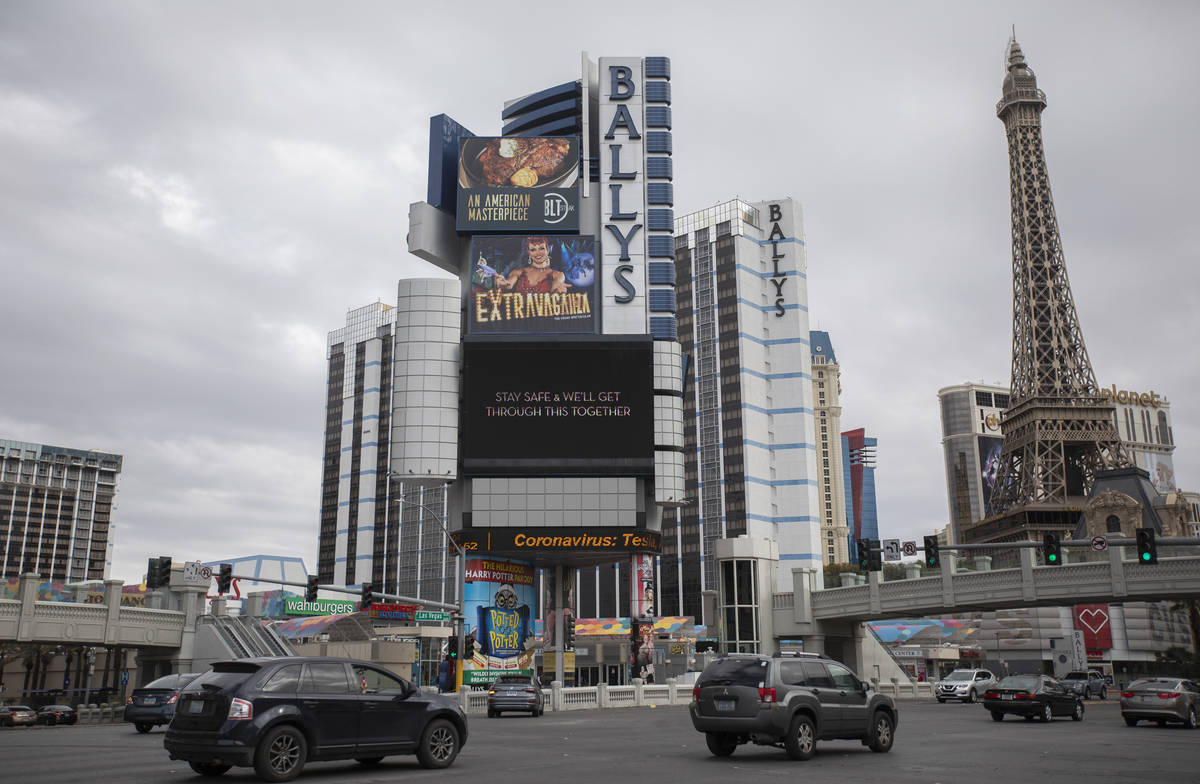Few bright spots for gaming industry amid pandemic’s toll

The coronavirus pandemic is “undoubtedly” the most difficult economic challenge the gaming industry has faced, according to Bill Miller, president and CEO of the American Gaming Association.
Total U.S. commercial gaming revenue for the second quarter fell 78.8 percent year over year to $2.3 billion, according to the AGA, which represents the $261 billion U.S. casino industry.
Even so, Miller remains optimistic that the industry will recover; certain regional properties actually saw higher gaming revenue on slots and table games compared to last year, and mobile options like sports betting and iGaming show strong growth potential.
Staying nimble
Sports betting saw a sharp decline in gross gaming revenue in the second quarter because of a lack of live sporting events, but was still up slightly in the first half of the year. The AGA attributed this growth, in part, to a legal options going live across a dozen statesover the past year.
iGaming, or online casino betting, has been growing even faster.
While sports betting stumbled in the second quarter, iGaming’s revenue across the country nearly tripled compared to last year.
Even though it is only legal and live in five states, iGaming generated more revenue than sports betting in the second quarter — a first since the Professional and Amateur Sports Protection Act was overturned in 2018, which allowed all 50 states to offer sports betting. Online poker is the only iGaming option legal in Nevada.
“The gaming industry is certainly looking for innovative ways to offer new experiences in light of COVID-19, and states are also looking for ways to fill those budget gaps,” Miller said during a Thursday call with members of the press. “States like New Jersey and Pennsylvania have seen pretty remarkable growth in iGaming because of the pandemic. It certainly creates another alternative and has shown itself to be an important driver during the brick and mortar shutdown.”
Miller said there is continued momentum to legalize online casino betting in other states, but said it’s up to the state to determine whether or not to embrace iGaming.
Miller expects a strong resurgence in sports betting with the return of leagues like the NHL, MLB and NBA, even if the industry is facing a potential cancellation of a college football season this fall.
“We also heard reports from multiple books that bettors wagered more on the Yankees’ MLB opener than had previously been bet on any baseball game,” Miller said. “We expect similar expectations in interest around the NBA and NHL. … (But) we know recovery is not going to happen overnight and we need to stay nimble to adjust to these new realities.”
Gross gaming revenue
Commercial casinos faced strong consumer demand in 2020 when open for business, according to the AGA.
Before all U.S. brick-and-mortar casinos closed their doors in March, combined commercial gaming revenue for the first two months of 2020 was up 10.4 percent compared with the previous year.
“(The industry’s revenue decline) would have been even more severe, had it not been for gaming’s record performance in January and February,” Miller said.
Several states reported an uptick in daily gross gaming revenue at table games and slots in reopened casinos, despite impediments such as limited capacity and amenities.
This includes states that largely rely on business from locals, such as South Dakota, Ohio and Indiana. The AGA said pent-up-demand and limited entertainment options outside of casinos likely boosted foot traffic at these casinos.
In comparison, tourism-driven Nevada’s average daily slot and table game gross gaming revenue fell 23 percent in the second quarter compared to last year.
As of Thursday, more than 85 percent of U.S. casinos have reopened, including nearly 9 in 10 commercial casinos.
Contact Bailey Schulz at bschulz@reviewjournal.com or 702-383-0233. Follow @bailey_schulz on Twitter.